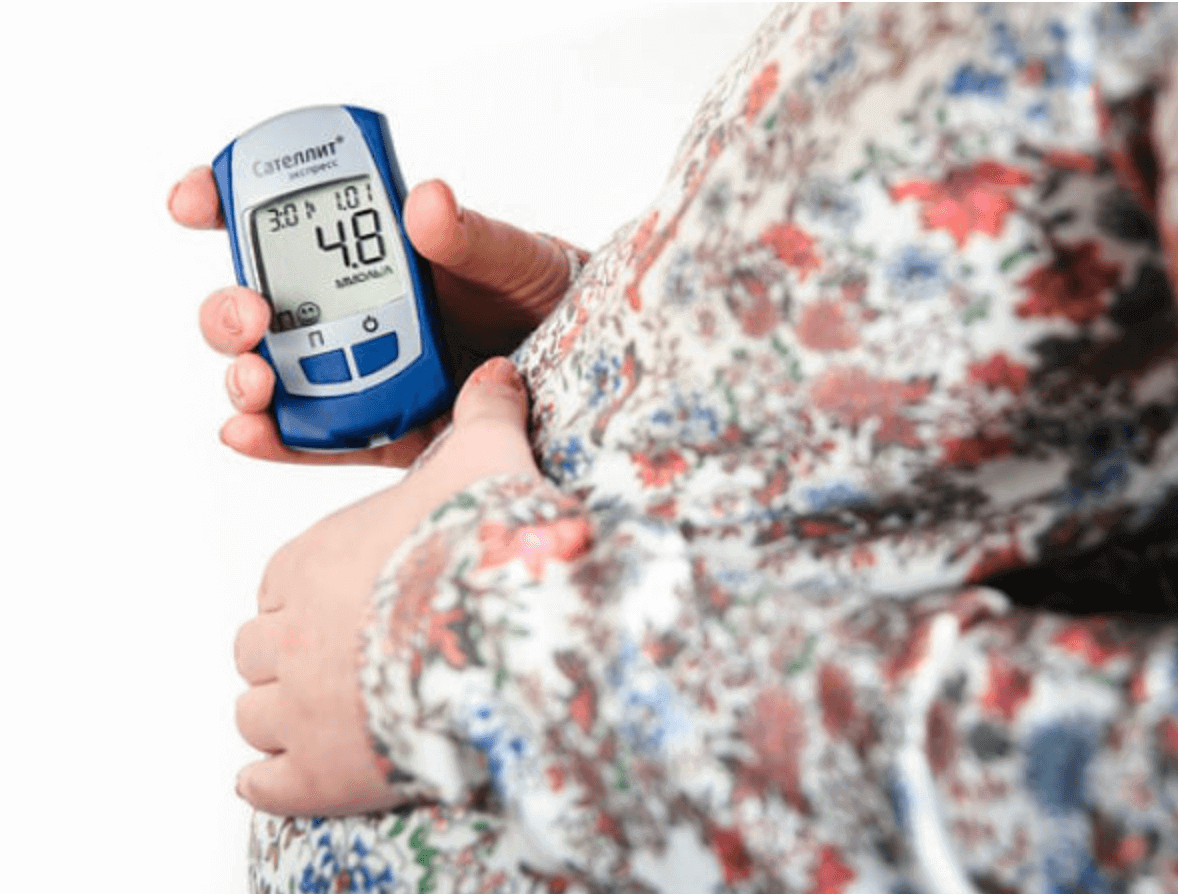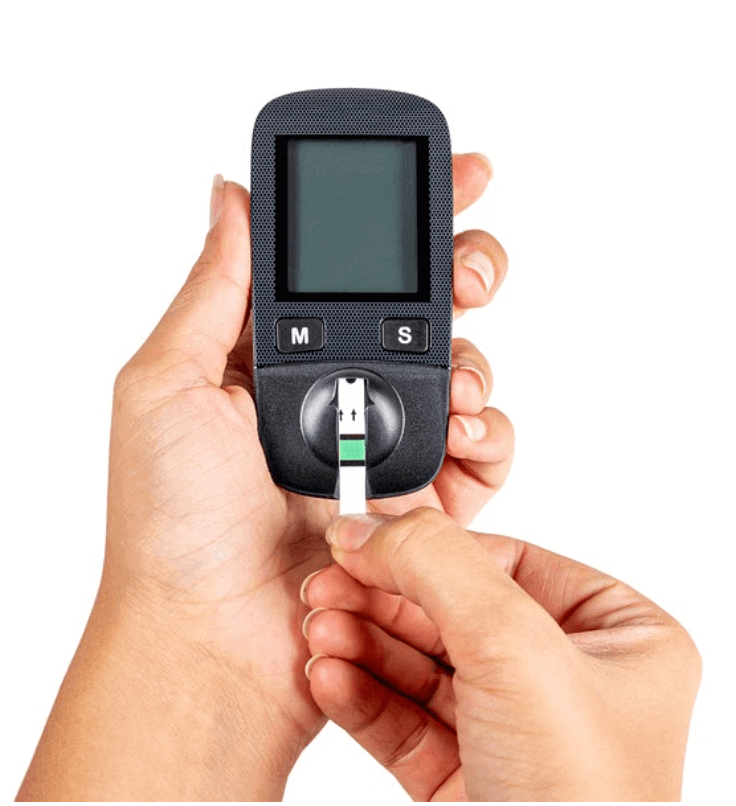
Gestational Diabetes: What is it?
Gestational diabetes is diabetes diagnosed for the first time during pregnancy. It causes high blood sugar that can affect your pregnancy and maybe even your baby’s health.
What is it?
A woman’s hormones naturally change while she is pregnant, this can cause an increase in sugar levels. If your sugar rises too much, it can cause gestational diabetes. You might be thinking, if hormones cause high sugars, and I can’t control my pregnancy hormones…how do I manage gestational diabetes? Although hormones have a lot to do with high sugar levels, there are many other factors that are mixed in that cause high blood sugar.
Diet
Typically, foods that are high in carbs or sugar will raise your blood sugar levels. You will need to try your hardest to ease away from these foods and stick to more nutritious foods that are higher in protein and vitamins. It is a good rule of thumb to eat less than 45 grams of carbs per meal. It is important to ask your doctor about the correct balance of proteins, fats, and carbs you should be eating. The American Diabetes Association has some great resources for picking protein-rich foods and provides some great healthy recipes.
Exercise

Exercise is a great way to lower blood glucose. Exercise causes our muscles to take in more sugar, making our muscles more sensitive to insulin. This ultimately lowers sugar levels. Pregactive has a great article that breaks down exercise guidelines for gestational diabetes. Check out our past blog post for more information about exercising with diabetes.
Treatment
Treatment for gestational diabetes aims to keep sugar levels the same as those of pregnant women who don’t have gestational diabetes. Treatment includes special meal plans and scheduled physical activity, and in some cases insulin. All women with gestational diabetes should be monitoring sugars daily. Check out our blog about blood glucose monitoring for more information on how to monitor your diabetes.
Glycemic Targets
If you are testing your blood glucose, the American Diabetes Association suggests the following targets for women who develop gestational diabetes during pregnancy. More or less stringent glycemic goals may be appropriate for each individual.
- Before a meal (preprandial): 95 mg/dL or less
- One hour after a meal (postprandial): 140 mg/dL or less
- Two hours after a meal (postprandial): 120 mg/dL or less

Summary In most cases, once your hormones go back to normal, your blood sugar will go back to normal and your gestational diabetes will go away. If not managed carefully, it can also turn into type 2 diabetes after the pregnancy. Expecting mothers can help control their gestational diabetes by eating healthy foods, exercising, and monitoring their blood glucose levels.
Disclaimer: Any information provided is not intended as medical advice. Iowa Diabetes is not responsible for any information from third parties.





